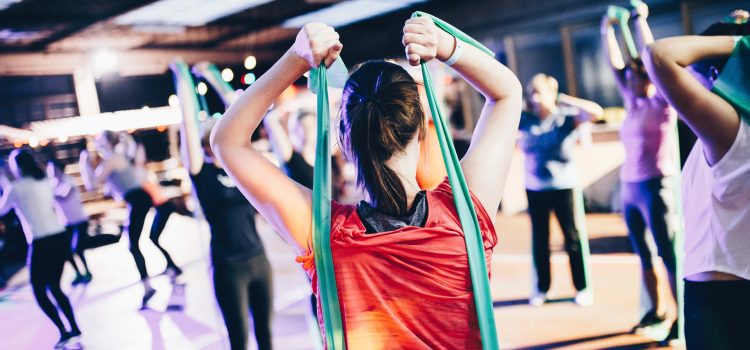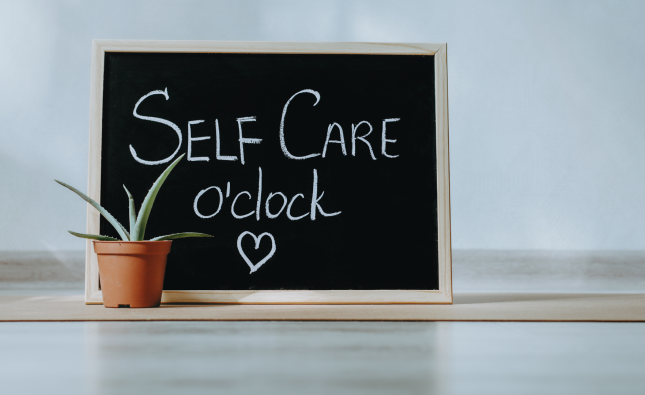
Aging is an inevitable process, but it doesn’t mean you have to sit back and watch your health decline. Staying active and exercising regularly can help you maintain your physical and mental well-being as you age. In this blog post, we’ll explore the importance of exercise for seniors and provide tips on how to stay active in your golden years. So put on your workout clothes and let’s get moving!
The Benefits of Exercise for Seniors
The benefits of exercise for seniors are numerous and go beyond just staying healthy. Exercising can help reduce anxiety, improve moods and sleep patterns, boost cognitive function and decrease the risk of developing dementia. It can also improve strength, balance and coordination, reduce inflammation and pain, increase flexibility and range of motion, boost energy levels and even slow the progression of some diseases.
In order to reap all of these benefits, it is important to find a routine that works for you. Some tips for getting started include:
Start with small goals . Don’t overdo it at first; start with easier exercises that you can complete regularly.
Find a buddy . Working out with someone else can help motivate you to keep going.
Create a fitness plan . Creating a personal plan will help you stay on track and see results.
Keep a journal . Writing down your progress will help keep you focused during your workout sessions.
Types of Exercise for Seniors
There are many types of exercise that seniors can enjoy to keep their body and mind healthy. Here are some tips for finding the right type of exercise for you:
1. Start with low-impact exercises. These exercises include things like walking, yoga, Pilates, and swimming. They don’t put stress on your joints and are generally safe for most seniors.
2. Alternate between different types of workouts throughout the week. This will help you get a variety of benefits from your exercise routine, such as improved heart health, stronger muscles, and better brain function.
3. Make sure to follow a sensible diet while exercising too! Studies have found that a balanced diet is key to staying healthy both physically and mentally. Eating plenty of fruits, vegetables, and whole grains can help you stay energized throughout your workout routine.
4. Get involved in social activities as well as physical ones when it comes to exercise. A mix of both will give you the best results overall!
How Much Exercise is Enough?
Exercise is important for seniors, both to maintain muscle mass and strength as they age and to keep their bones healthy. According to the Centers for Disease Control and Prevention (CDC), adults over the age of 60 should get at least 150 minutes of moderate-intensity aerobic activity each week, or 75 minutes of vigorous-intensity aerobic activity. This means going on walks, biking, swimming, or using an elliptical trainer. In addition, seniors should engage in at least 25 minutes of weightlifting or resistance training each week.
According to the AARP, people who are physically active have a reduced risk of developing chronic diseases such as heart disease, stroke, cancer, obesity, and type II diabetes. Furthermore, being physically active can help improve moods and cognitive function. It’s also good for preventing depression in older adults and reducing feelings of loneliness.
Tips for Planning and Scheduling Exercise for Seniors
If you are a senior citizen, it is important to make sure you are getting enough exercise. Exercise can help keep your mind and body active, which can lead to better memory and overall health. Here are some tips for planning and scheduling exercise for seniors:
1. Make a schedule. Create a basic schedule for your day that includes times for exercise. This will help you stick to your routine and avoid feeling overwhelmed or discouraged.
2. Use a timer. Setting a timer can help you stay on track with your exercise routine. It also will help you avoid overworking yourself, since you will know when the time is up.
3. Choose an activity that you enjoy. Do not feel pressure to do something that you do not want to do or are not good at. Find something that makes you happy and stimulates your senses, such as walking, biking, swimming, dancing, or exercising in nature (such as hiking or camping).
4. Allow yourself time to relax afterwards. Taking the time to relax after exercising can help improve your mood and increase your energy level for the rest of the day.
Conclusion
One of the best things you can do for your health and well-being as you age is to maintain a regular exercise schedule. Staying active not only helps keep your bones strong, but also keeps your brain healthy and improves moods. However, because seniors are more prone to medical problems, it’s especially important that they take care of their bodies by exercising regularly. Here are some tips for staying active as a senior: 1) Make sure to set realistic goals – Don’t try to become an Olympic athlete in your golden years! Instead, aim for moderate activity levels that will help improve overall fitness and reduce stress. 2) Choose activities that you enjoy – If you find yourself struggling to stay active because you don’t enjoy the activities available to you, find something new that interests you. There are plenty of options available if you look around; just be sure to consult with a doctor before starting any new physical activity regimen. 3) Be patient – It takes time for muscles to get stronger and more flexible with age, so give yourself time to adjust even if progress is slow at first. Patience is key when it comes to maintaining a healthy lifestyle into old age!










